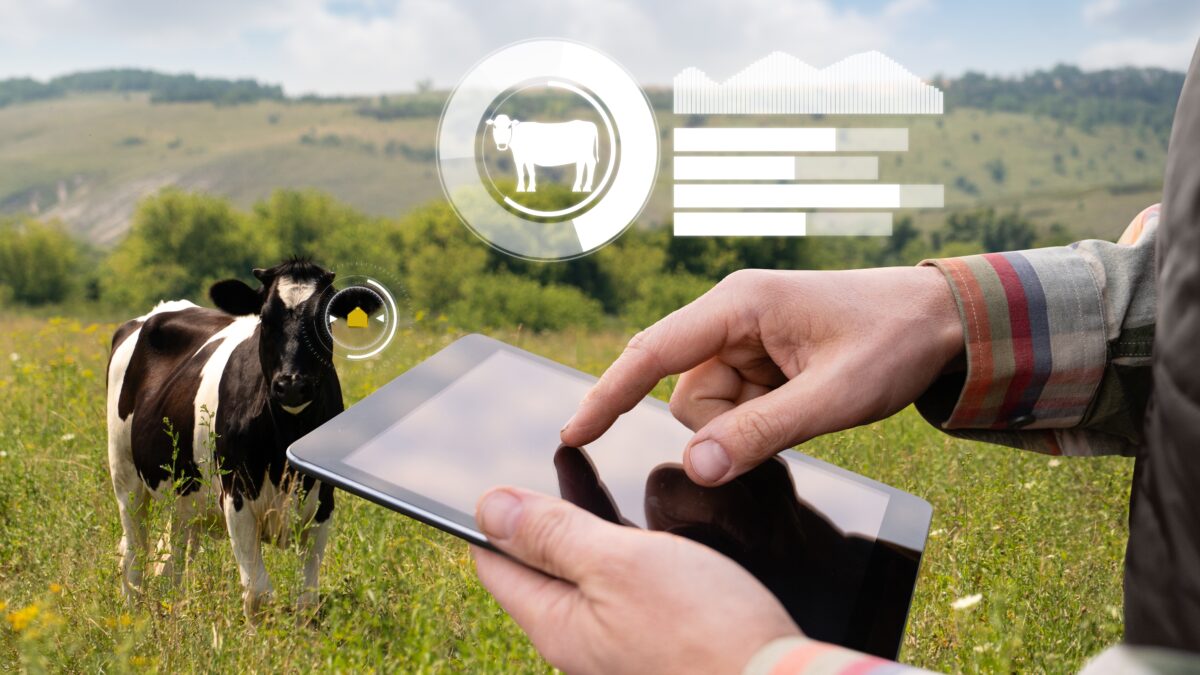The European Innovation Partnership (EIP-AGRI) studied market demands, production systems that mandate animal welfare, and aim to mitigate climate change, and has documented four practices that can contribute to increased competitiveness and sustainability for livestock farming operations in Europe. The food industry is currently under pressure from consumer demands for sustainable food production and proper animal welfare. In other words, people want to know how and where their food is produced. Based on the above, EIP-AGRI has documented practices that livestock farming operations, regardless of a farm’s size, can employ to bolster their sustainability while retaining and improving their competitive edge.
One of the practices documented by the European Innovation Partnership is precision livestock farming: the incorporation of various systems in the operation that provide data on livestock status, feed quality and the quality of the end product. The ultimate goal is to reduce production costs while improving competitiveness.
A second documented practice is the drafting of a business plan for each operation. This practice envisions the implementation of a plan with projected productivity, cost, required investments and risk, thus establishing a financial roadmap.
A third, vital practice is training for livestock farmers. This means their participation in livestock farming study programmes that will enable them to develop strategy and management techniques they can apply to their operations.
A fourth practice is the participation of livestock farmers in EU programmes through which they will implement innovative practices in their operations, connect with their peers throughout the EU, and share best practices and useful tools related to livestock farming.
According to EIP-AGRI, modern farmers must constantly update their knowledge to adapt to a changing environment – and be open to new techniques and tools.










